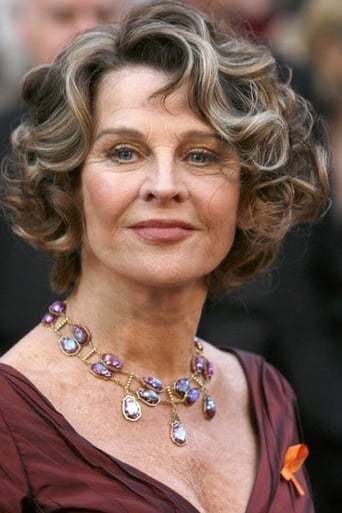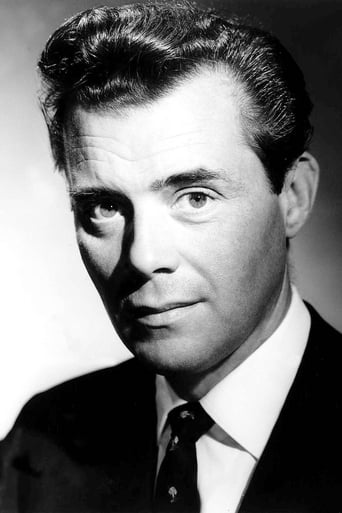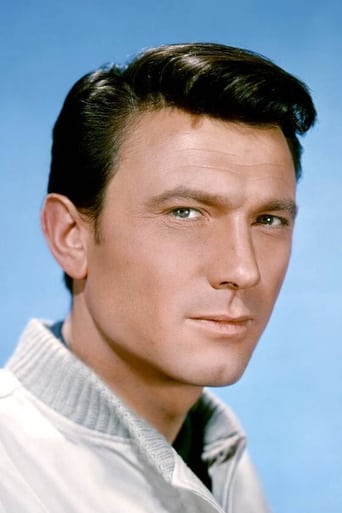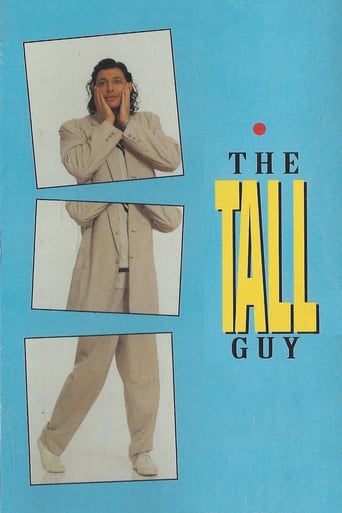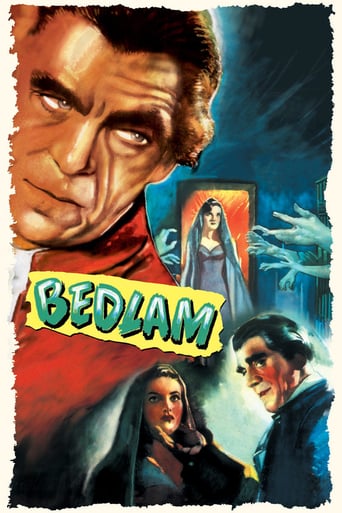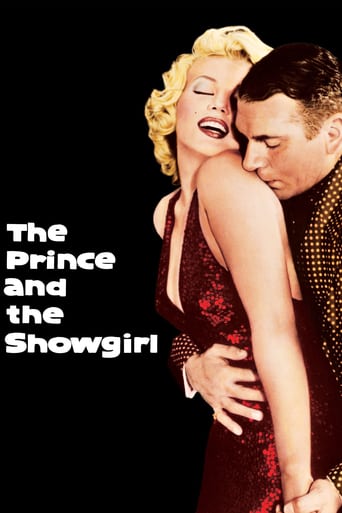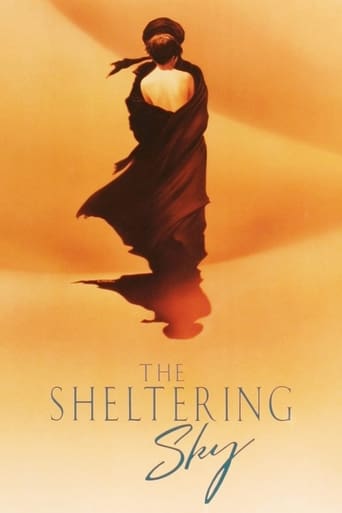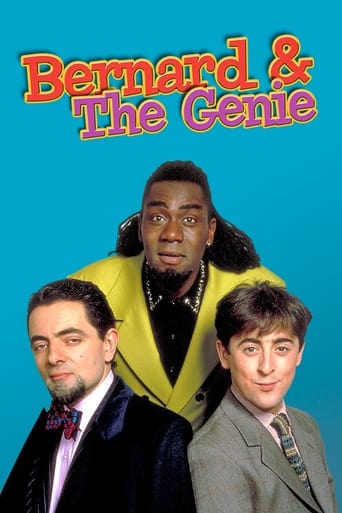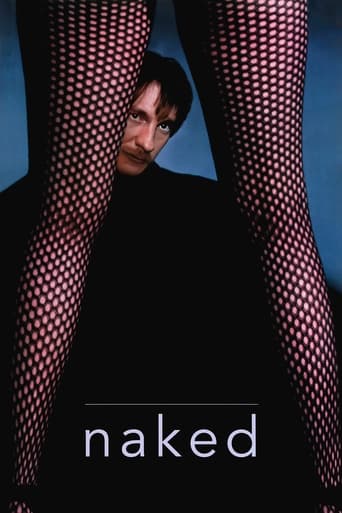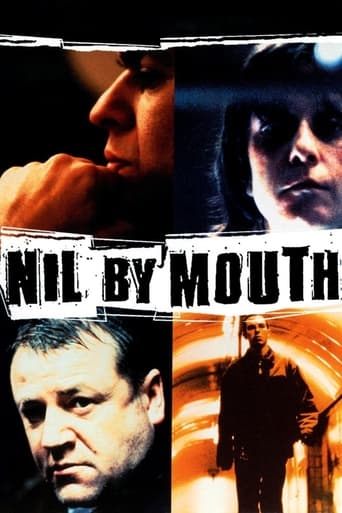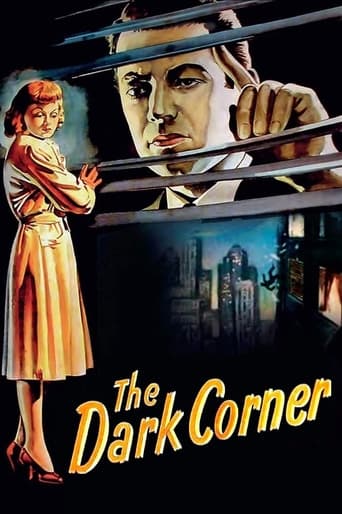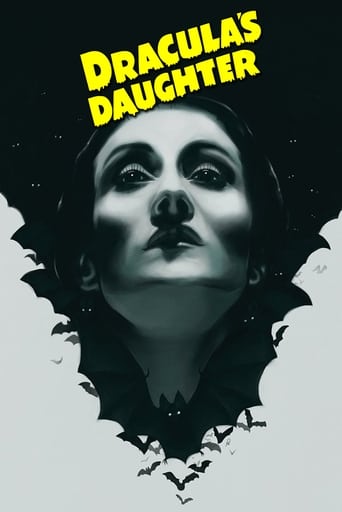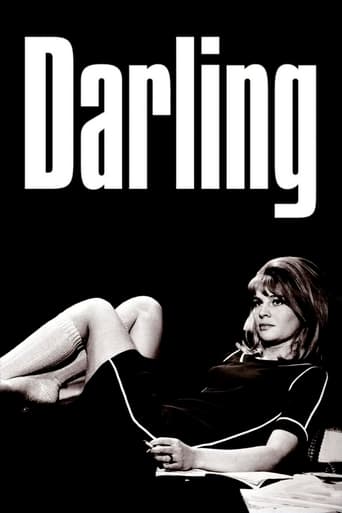
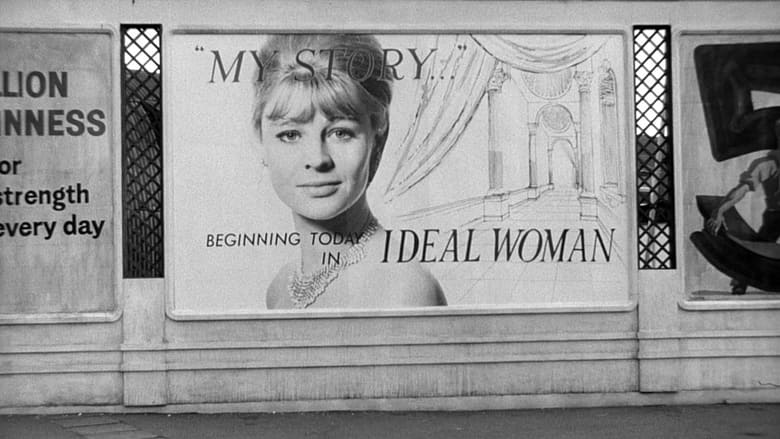
Darling (1965)
The swinging London, early sixties. Beautiful but shallow, Diana Scott is a professional advertising model, a failed actress, a vocationally bored woman, who toys with the affections of several men while gaining fame and fortune.
Watch Trailer
Cast
Similar titles
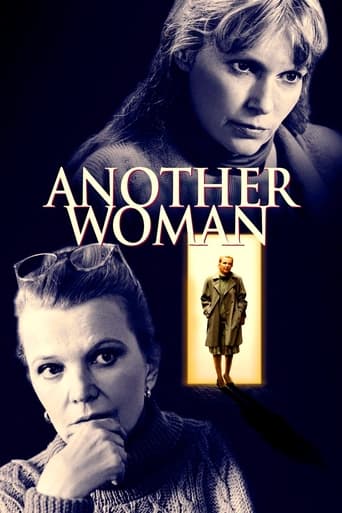
Reviews
Good movie, but best of all time? Hardly . . .
Good concept, poorly executed.
It is a whirlwind of delight --- attractive actors, stunning couture, spectacular sets and outrageous parties.
Very good movie overall, highly recommended. Most of the negative reviews don't have any merit and are all pollitically based. Give this movie a chance at least, and it might give you a different perspective.
Definitely a period film for those interested in identifying old cars, hairstyles and suchlike. One gets used to the black and white. Script full of silly egoistic banter with rather poor jokes (to us, anyway). I suppose the 60s were a bit like this movie but a lot seems just plain silly. A lot of facial expression shots that don't quite fit with the story development. Continuity suffers as a result of this. Was Julie Christie well cast? The Diana personality does not really fit her good looks and class - and she certainly comes over as a rather greedy and ignorant person who does not know herself at all. Her looking at herself in the mirror whilst kissing Robert (Dirk Bogarde) taught her nothing. Lousy relationships and trouble all round.
John Schlesinger's perhaps the only film director to mail feces to a critic. The critics loved "Darling", though, his 1965 film starring Julie Christie as Diana Scott, a vapid model who rises to the top of London's fashion scene. Like many British films at the time ("The Prime of Miss Jean Brody" et al), "Darling's" very much a reaction to a changing London. And so in response to women's rights, feminist movements, and a growth in "liberal" attitudes toward religion, sex, contraceptives, marriage and abortion, came films like "Darling", in which sex, independence, non-committance, glamour, money and female desires are seen to be "bad", "bad", "bad". Veering away from traditional morals and conservative values, in other words, leads to broken families, superficiality, advertisement junkies who worship at the cult of celebrity and brain dead independent women. A year later the British film "Alfie" would tell the same tale, only now with a vapid male lead. A decade later American cinema would begin to do the same ("Kramer vs Kramer" and various reactionary "women's pictures").What seems like a simple, prudish moral agenda, however, is made complicated by screenwriter Frederic Raphael. He juxtaposes glamorous billboards, cocktail parties, social climbers and extravagant wealth with African butlers and "World Relief" banners. Elsewhere Diana's philandering is shown to break up marriages and her "casual scheming" is shown to hurt various people. Actions have consequences, then, and desires are oft petty and selfish at best, harmful at worst. Thanks to Raphael's pen, what seems reactionary in the civil rights era now seems precedent to Generation Facebook. Interestingly, the film's plot is almost identical to 1933's "Baby Face", the Depression Era tale of a social climber who debases herself and abuses everyone in her way, all in the pursuit of fame and cash.Whilst "Darling's" first half is satirical, its second half is mostly weak soap opera. Here Diana is ruthlessly punished for her aspirations – desires the film never acknowledges are forced upon her - and finally ends up a lonely woman with seven stepchildren. Schlesinger and Raphael perhaps want you to see this as a form of comeuppance, of justice, but get more than they bargain for with Christie. Her "villain" emerges as a sympathetic character.7/10 – Worth one viewing.
Julie Christie dazzling and pulchritudinous. Dirk Bogarde, as far as I know, never turned in a poor performance. This production doesn't exploit his knowing smirk but he's fine as the lover who's live-in is gradually losing her interest in him. Laurence Harvey equals his performance in "Room At The Top" and has never been better than he is here. The supporting cast are all professionals.The writing is cute. "I was born at an early age." "You're a man after his own heart." "Ah, I thought I caught the scent of Prussic acid." John Schlesinger's direction is subtle and arch, but the arches fall because, essentially, there is no plot.This story of Julie Christie as a model in magazine ads who rises to the top, bumping into loving and/or lecherous men (and women) on the way, was released in 1965 and presumably shot in 1964 when England was on the cusp of a cultural revolution. It probably carried a good deal of shock value on its release. I mean, an amoral, flighty heroine. A party in Paris that looks like the climactic and arid festival in "La Dolce Vita"; a soirée in Paris in which a dozen spectators stand around silently and watch the famous hostess strip and have the blocks put to her by a man who evidently has been hired for the occasion. There are quick cuts and overlapping narration.But it seems the film just rolls along alternating between major and minor shocks, hoping these will carry it. Whatever attracts one person to another is ephemeral. No one loves anyone else, though they may lust after them. The target is usually upper- or upper-middle class pretensions. The milieu here is the artsy world of London, not the ash cans and dustbins of the poor. That's a relief anyway.There are many virtues in this film but overall it's a dull movie. I never really cared about any of the characters, though I felt a bit sorry for poor, hard-working Bogarde as the typewriting schlub whose appeal for Christie is waning. But I've always respected and admired poor, hard-working schlubs because I know what it's like to be one. And, aside from its abundance of virtues, whatever weaknesses there are in the film can't compare to the recent output of Hollywood. We've come so far there's nothing left inside us to be shocked.
It is not original to observe that nothing dates faster than last year's fashion, but in the case of John Schlesinger's Darling that observation is very apt. Time has not been kind to this three-Oscars winner, and as the years roll by, time gets ever more cruel. There are some films from 40/50/60 years ago which still stand up, for many reasons, each time you see them, but Darling is left far behind. Made in 1965, I suspect it was seen as 'daring' and 'modern' with its, for the time, open attitude to sex and its less than discreet treatment of homosexuality. The film was released two years before gay sex was decriminalised in Britain, but gayness permeates the whole enterprise. Schlesinger, Dirk Bogarde and Roland Curram were all gay, and even Laurence Harvey, who in his private life was also something of a heterosexual wolf and married three times, also batted for both sides and all too often comes over as camp a row of tents. The film is credited as being the brainchild of Schlesinger, Joseph Janni, the producer and Frederic Raphael, who also wrote the screenplay, and one feels that they were rather taken with the idea of being 'shocking'. Elsewhere this has been described as a 'satire' on swinging London, but if that is the case, whatever satire was intended pretty much passed me by. The trouble is that despite its three Oscars - for Julie Christie, for Raphael's script and for the costumes - it just isn't very good. The whole enterprise is two dimensional and there is no character development at all. We care not a jot for the characters (except, in my case, the Italian prince. There might be hints that he, too, is a bit of a cad and no one in his right mind would buy his explanation that when he is in Rome, he will be sharing a mug of Horlicks with his mum and watching the ten o'clock news. Nevertheless, I did feel sorry for him that he had landed himself with such a high-maintenance new bride.) Darling herself - Diana Scott - comes over as rather too nice to be the amoral model sleeping her way to the top, or if not 'nice' then 'well brought up'. You get the feeling that her idea of doing something really bad would be to forget to write a thank-you note. She also seems rather too dim to be a scheming hussy, and I don't for a second buy the idea that she was merely interested in her modelling career. She had wannabe shires housewife written all over her. As for Dirk Bogarde, am I really the only guy to think that he is all too often very wooden, that when he acts, he is all to obviously 'acting'? He was perfect for all those lightweight Doctor comedies which kept the British nation quiet in the Fifties, but when he branched out into 'serious' roles, he couldn't quite seem to cut it. It will not have been public knowledge at the time that Bogarde, too, was gay - as a former matinée idol, he had a formidable female following - but he remains wholly unconvincing as a 'wronged man'. And furthermore as a cad arts journalist who selfishly jettisoned his wife and three children to shack up with a spoilt model, he does not deserve too much of our sympathy. Every time he got upset or angry with Julie Christie, he just seemed like a middle-aged queen in a spat with his lover. Laurence Harvey, comes over rather better as the cynical and amoral seducer, but he, too, has too many quotable lines to make the part feel normal. (Incidentally, Janni was Italian and his background was much in the realistic school of film-making, so it is ironic that, despite its would-be trendy facade, Darling's heritage all to often comes over as the brittle, old-fashioned middle class stage drama the kitchen sink school was intended to usurp.) Raphael's script is far too full of attempted epigrams and quotable quotes. It is far, far too self-conscious and clever-clever for its own good. I only watched this film because I got hold of a free DVD of it at the office, and I don't feel my life would have been any the poorer had I not seen it. It simply isn't half as good in retrospect as it was thought to be at the time. These things happen. Sad, but true. If this comes your way, either on TV or stuck inside your daily newspaper, first of all see whether you might not have something better to do. Don't be fooled by the Oscars. Oh, and why is sodomy and odd sexual practice always associated with 'being sophisticated'. Does that mean the rest of us are plain old unsophisticated hicks?
